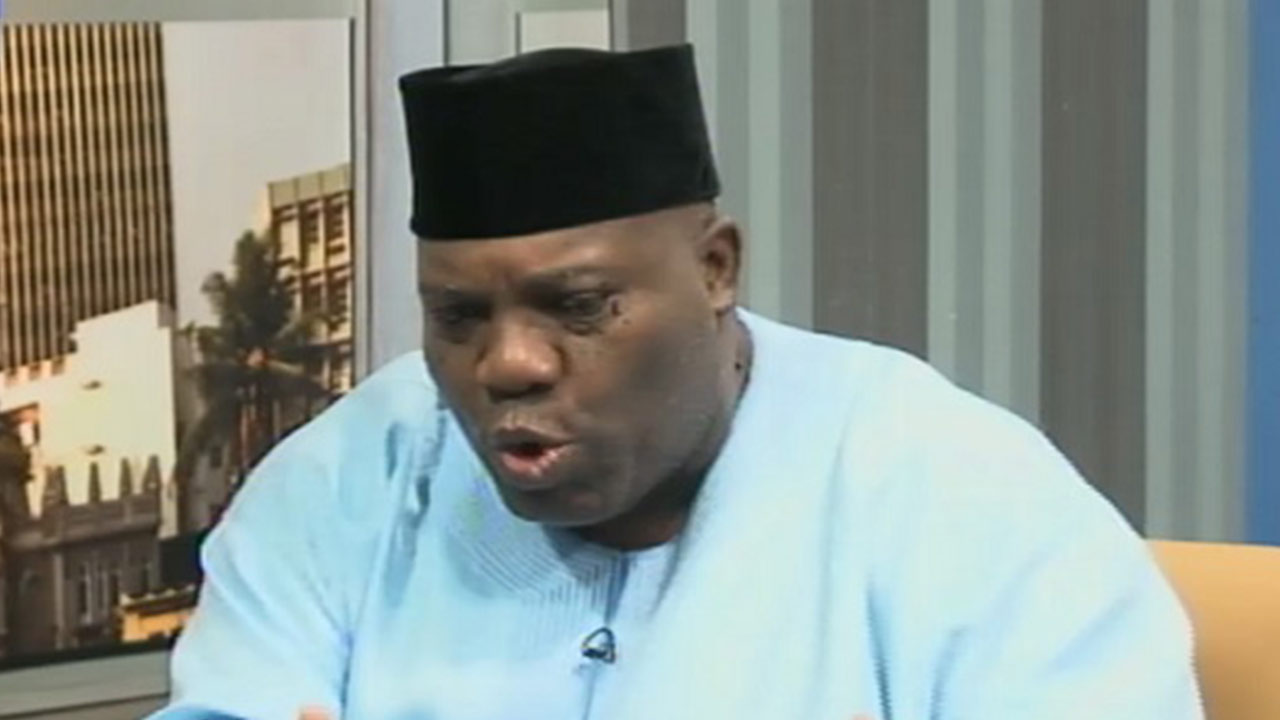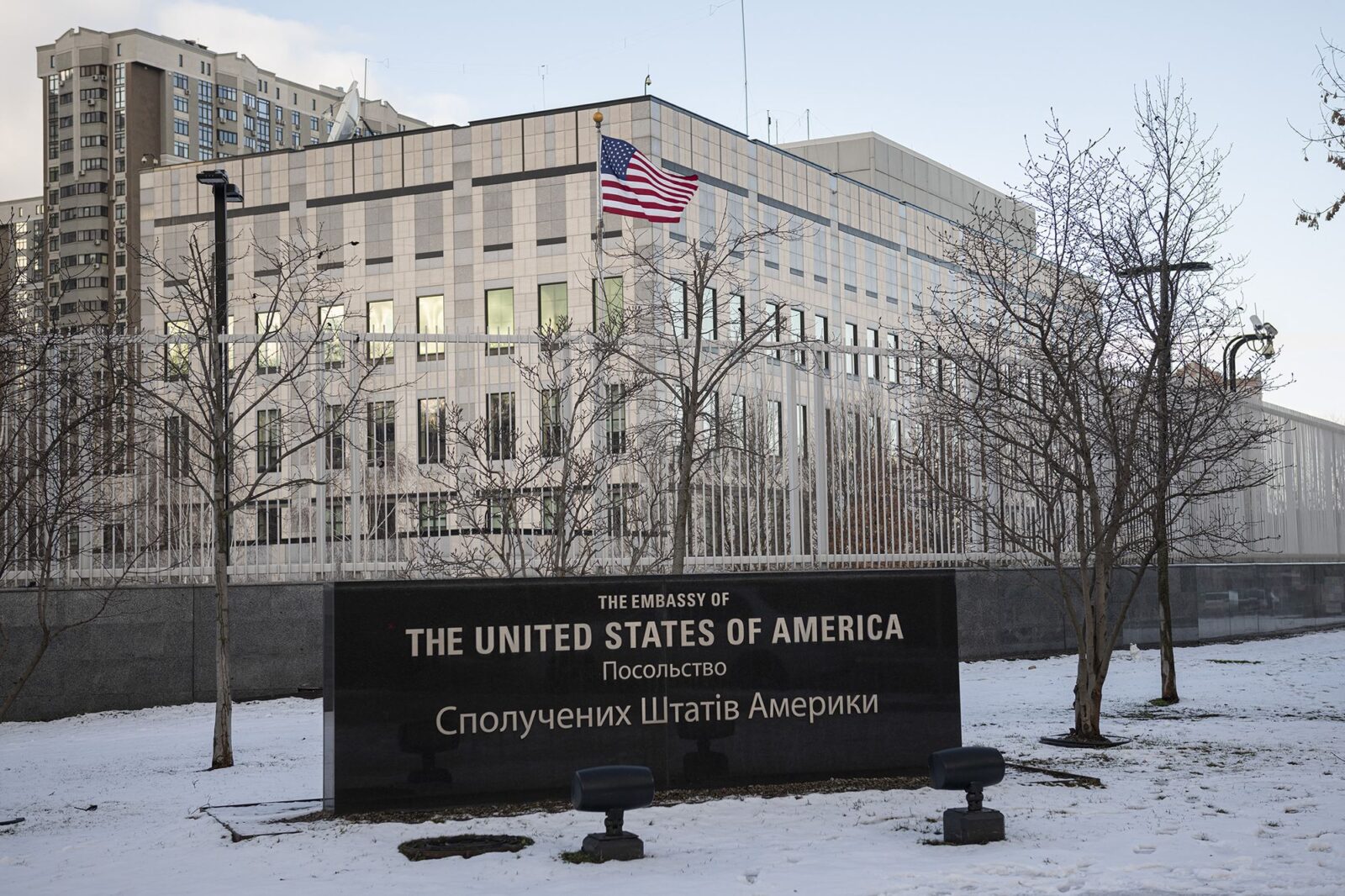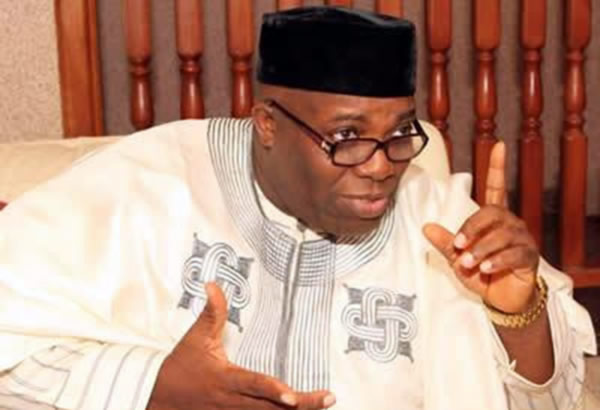While responding to the public outcry over the purchase of prohibitive Sports Utility Vehicles (SUVs) for members of the Senate in October, 2023, the Chairman of the Senate Committee on Services, Sunday Karimi, justified the procurement on the grounds of bad roads across the country.
Among the major highways currently in ruins are Enugu-Port Harcourt Road, East-West Road, Lagos-Abeokuta Expressway, Abuja-Lokoja Road, Makurdi-Nsukka 9th Mile Road, Benin-Asaba Road, Onitsha-Enugu Expressway, Calabar-Ogoja Road and Sagamu-Benin Road.
We recall that the Senate in February, 2022 implored the central government to declare a state of emergency on federal roads to improve the state of the major means of transportation in the country.
Again, in November, 2022, the upper legislative chamber urged the Federal Government to allocate N500 million from the Service Wide Vote to the Federal Roads Maintenance Agency (FERMA) for urgent rehabilitation of the highways in order to reduce the carnage on the dilapidated federal roads. It also in the resolution requested that the Nigerian National Petroleum Company Ltd (NNPCL) Road Infrastructure Tax Credit Scheme should be expanded to cover maintenance of failed sections of the federal highways across the country.
In the 2023 supplementary budget, N288.44 billion was allocated for rehabilitation of roads and bridges while N548.56 billion was set aside for road construction in the 2024 federal budget.
Given the deplorable state of the roads across the country, it is evident that the legislative interventions have yielded no significant results.
Statistics on deaths occasioned by the appalling state of the roads are mind-boggling. Besides the economic losses incurred as a result of bad roads, the wanton carnage that results from ubiquitous pot-holes and craters on the roads advertises a nation that has scant regard for the lives of its citizens.
From the local councils to the central government, funds are allocated yearly for road construction and maintenance but the evidence before us suggests that these sums develop wings as soon as they are released. It seems to us that majority of public office holders have developed an ingenious way of using the rainy season or paucity of funds as an alibi. But it suffices to say that if roads cannot be constructed during the period of rainfall, why are they not constructed or the existing ones rehabilitated during the dry season?
As a matter of fact, we would have expected that the dry season between October and March should have turned the entire geographical space of Nigeria into a construction site with one government attempting to outdo the other in the provision of excellent roads, but our observation suggests the contrary.
Again, we are hardly persuaded by the argument of paucity of funds. How can we in the light of massive corrupt practices and cancer of corruption that afflict public finance management in Nigeria? Why, for instance, is the cost of constructing a kilometre of road in Nigeria about the highest in the world? We equally reckon that in some places where new roads are constructed, they collapse within a space of less than two years, whereas roads that were constructed during the colonial era and in the 60s did not show signs of weakness until decades after.
We also believe there is the need for the National Assembly to review the constitution in a manner that ensures that road construction and maintenance becomes the (exclusive) preserve of the state governments in Nigeria.
For instance, it does not appear to make any (economic) sense for the citizens of Lagos and neighbouring Ogun State to expect a minister to come down all the way from Abuja to fill the yearly craters on Lagos-Abeokuta Expressway in order to save commuters from dying before their time. The state governments of Ondo and Edo, for example, could most efficiently maintain the Benin-Ore road and halt the carnage and the attendant socio-economic losses if the constitution devolved road construction to the states. Citizens, of course, will put more pressure on the visible governments of Lagos, Ogun, Ondo and Edo States than the remote central government in Abuja. The same holds for other states across the country.
The present aberration where the federating states cannot reconstruct certain roads in their domains without the authority of the central government is totally inadmissible. In the same vein, the Revenue Allocation Formula must now substantially tilt in favour of states, particularly in line with fiscal federalism of the independence era.

 2 hours ago
4
2 hours ago
4













